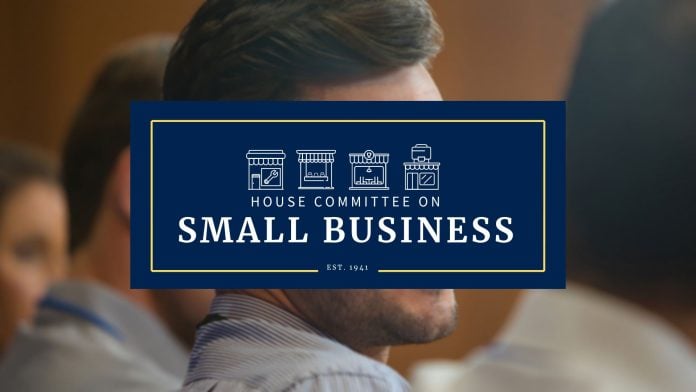In a dynamic business environment where small enterprises often face challenges from larger competitors, a new legislative initiative has emerged that could significantly impact the landscape of free speech for entrepreneurs. Congressman Roger Williams (R-TX), Chairman of the House Committee on Small Business, has introduced the Protect the First Amendment Act. This bill aims to prevent the federal government from using taxpayer funds to penalize small businesses that engage in lawful speech, a move many see as a necessary pushback against perceived censorship.
Chairman Williams stated, “Using taxpayer dollars to fund the suppression and demonization of small businesses is un-American. Sadly, the Biden Administration funneled money away from hardworking Americans to develop and promote companies that censored lawful speech, hurting small businesses. After our investigation uncovered serious concerns, I am proud to introduce legislation that safeguards taxpayer dollars, protects small business owners’ freedom of speech, and restores the principles of the First Amendment.”
The Protect the First Amendment Act promises several benefits for small business owners. By promoting a more equitable environment, the legislation could enable smaller companies to voice dissenting viewpoints more freely, especially in digital settings where larger firms may have the power to suppress alternate narratives. This is crucial in an era where customer engagement and public perception can significantly influence a business’s success.
The bill’s introduction follows a comprehensive investigation by the House Committee on Small Business, which found that the U.S. Department of State’s Global Engagement Center may have allocated funds to organizations that suppressed the lawful speech of small businesses. The Committee faced pushback from the State Department regarding transparency, as requests for documentation were met with delays and insufficient responses. Such bureaucratic hurdles raised concerns not only about potential financial loss but also about the reputational damage that could befall small businesses inadvertently caught in this funding web.
An interim report from the Committee underscored the risks of current funding practices, emphasizing the need for greater oversight. For small business owners, this legislative effort represents more than just a protective measure; it signifies a call for accountability in how taxpayer dollars are utilized. The proposed cessation of the Global Engagement Center parallels the need for a reassessment of its financial practices, reflecting a shift toward more principled governance.
However, as with any legislative initiative, there are challenges that small business owners should consider. While the bill aims to bolster free speech, the complexities surrounding lawful speech and government funding might create practical hurdles. For entrepreneurs, adapting communication strategies to comply with new regulations without sacrificing their messaging or reach could be daunting.
Moreover, the potential implications of this legislation extend beyond individual businesses. If the Protect the First Amendment Act passes, it may alter the framework through which government agencies fund and manage speech-related initiatives. This shift could either enrich the marketplace of ideas or introduce new levels of compliance and accountability, necessitating careful navigation by small businesses, especially those leveraging social media for marketing and engagement.
In an age of rapidly evolving digital landscapes, the fight for free speech is not merely theoretical; it has tangible consequences for the day-to-day operations of small businesses. The Protect the First Amendment Act could significantly reshape government involvement in speech regulation and funding, offering small business owners a moment to advocate for their rights and a fairer marketplace.
As small business owners monitor these developments, the implications could be far-reaching. The success of this initiative may hinge on how effectively entrepreneurs can adapt to the changing regulatory environment while clearly communicating their messages without fear of retribution.
For further details on the proposed bill, you can read the full press release here.
Image Via Envato: Wavebreakmedia



